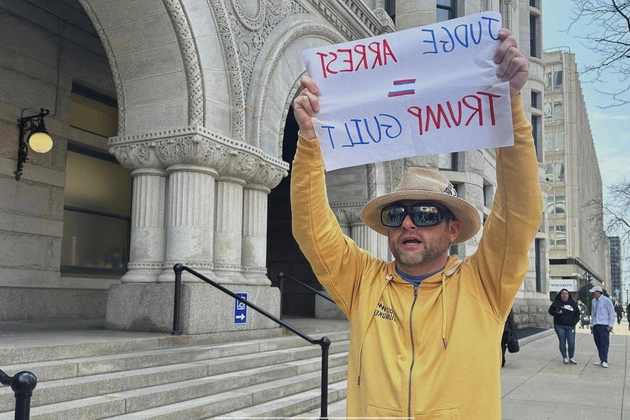
In a recent legal development, a Wisconsin judge is asserting her entitlement to judicial immunity in a case related to aiding an individual in evading U.S. immigration agents. The judge, Hannah Dugan, has filed a motion to dismiss the charges against her, contending that her actions were within the scope of her official duties.
Judicial Immunity and Legal Defense
Dugan’s legal team argues that her conduct on the day in question merely involved directing individuals within her courtroom and that such actions are protected under judicial immunity. They reference a recent U.S. Supreme Court ruling regarding the immunity of public officials for acts performed within their official capacity.
The motion filed by Dugan’s attorneys highlights the fundamental issue of judicial immunity and its application to the current prosecution. They assert that immunity serves as a safeguard against unwarranted legal actions that could impede the functioning of the judiciary.
Prosecution Challenges and Legal Proceedings
The prosecution facing Judge Dugan has encountered significant hurdles, primarily stemming from the concept of judicial immunity. The defense team contends that immunity is not a post-hoc defense but rather an absolute bar to prosecution from the outset.
Furthermore, the involvement of federal prosecutors in a state-level case has raised questions about the boundaries of authority and the sovereignty of individual states. The defense motion accuses the federal government of overstepping its jurisdiction by disrupting state court proceedings and targeting a state judge.
Political Context and Legal Ramifications
Dugan’s case has garnered attention against the backdrop of broader debates on immigration policies and judicial independence. The clash between the Trump administration and Democrats over immigration enforcement strategies has amplified the significance of this legal dispute.
As the legal proceedings unfold, the implications of Dugan’s case extend beyond individual culpability to encompass larger questions of judicial authority and federal-state relations. The outcome of this case could set precedents for future interactions between state and federal entities in legal matters.
Conclusion and Legal Outlook
Despite the ongoing legal challenges, Judge Dugan remains steadfast in asserting her innocence and upholding the principles of judicial immunity. The forthcoming legal proceedings are expected to shed further light on the complexities of this case and the broader legal principles at stake.











